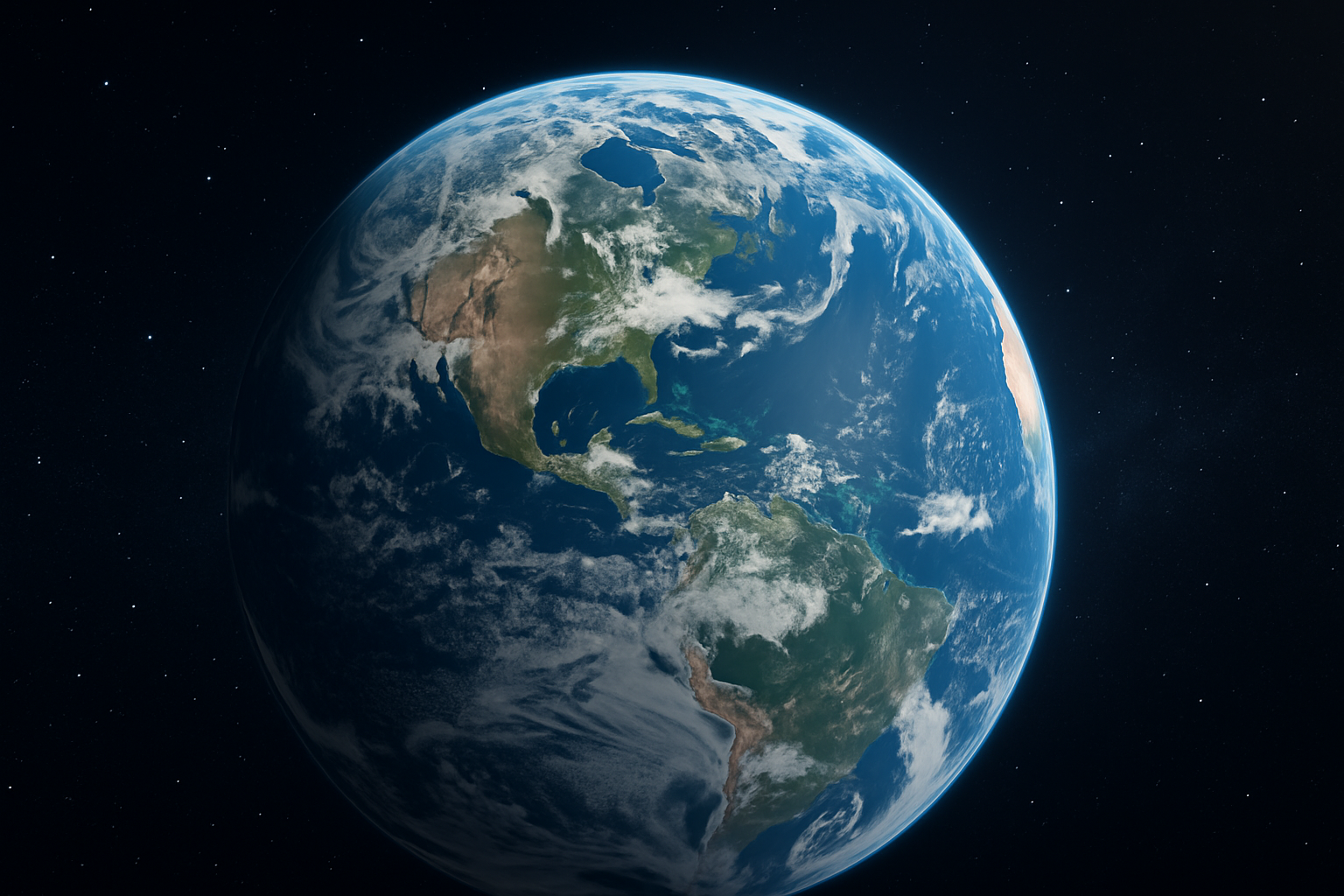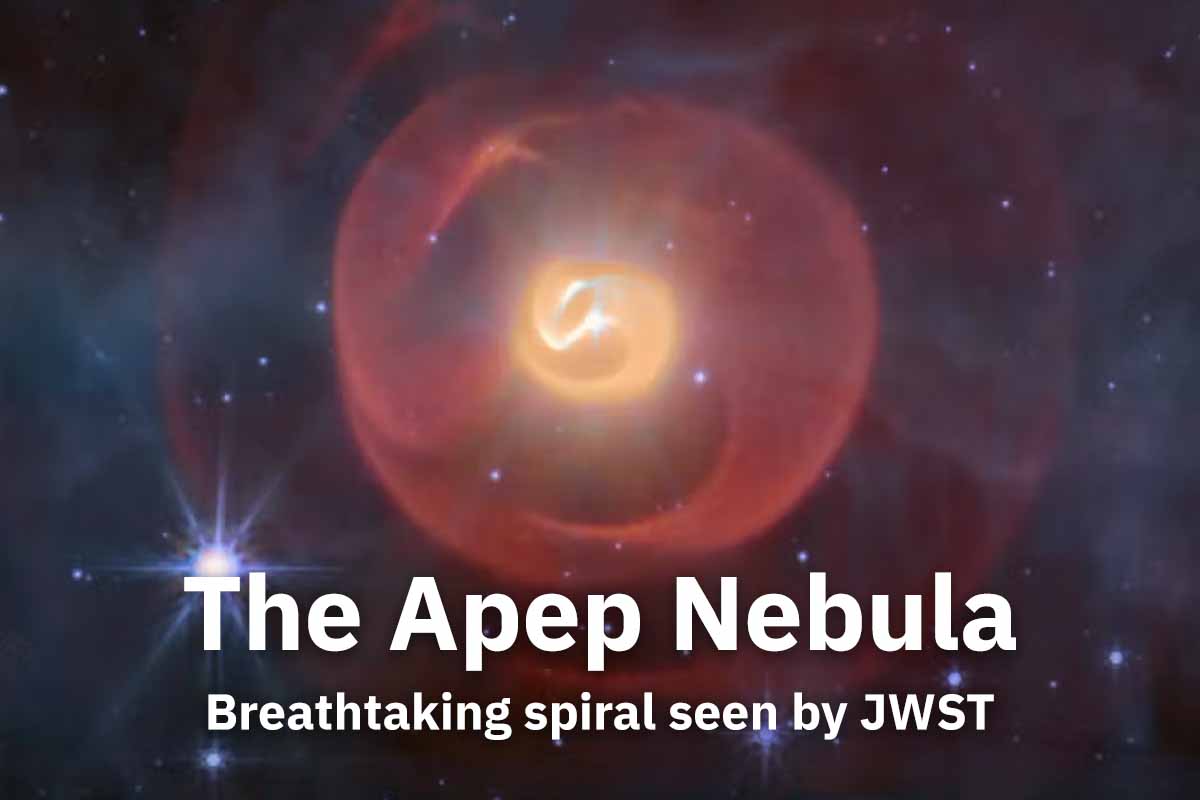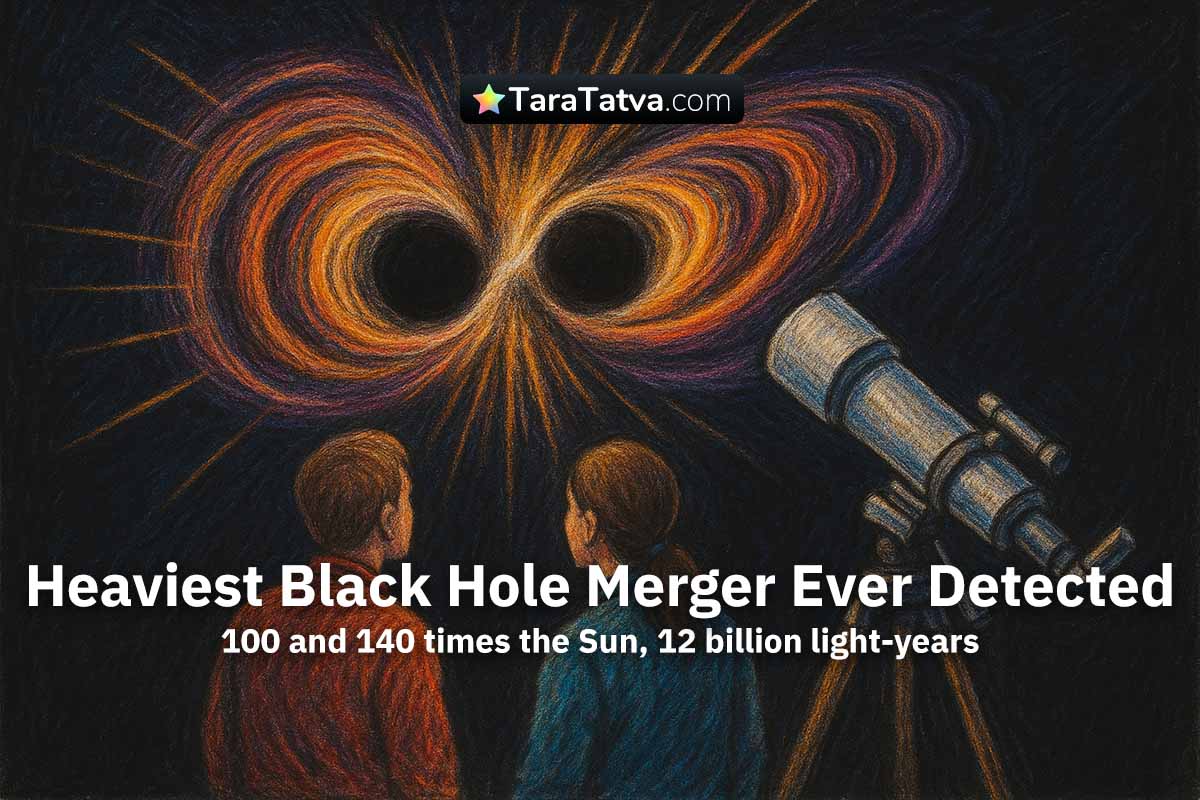Earth Spins Faster, And Scientists Are Stunned Again
The Earth is spinning faster this July and August. Learn what’s causing it, how it affects us, and why experts are puzzled by this unexpected speed-up.
Earth Spins Faster
Earth expected to have 3 shortest days in July and August
On July 9, 2025, the Earth’s rotation is expected to shave off 1.30 milliseconds from a regular day. That’s just the beginning. According to data from the United States Naval Observatory and IERS, July 22 will be 1.38 milliseconds shorter, and August 5 may set the year’s record with a 1.5 millisecond drop. These may sound tiny, but they matter a lot to systems like GPS and even atomic clocks. Scientists have noted that Earth is rotating faster lately—something that usually doesn’t happen. Historically, Earth has slowed down due to the Moon’s influence. But now? We’re speeding up again, and experts at Timeanddate.com say this trend is totally unexpected. The faster spin could even affect how we track time in the future.
Past changes
Earth’s spin hasn’t always been this steady or slow
Earth’s daily rotation hasn’t been fixed forever. A long time ago, Earth had way more days in a year—about 490—because it was spinning faster. Today, we have 365.25 days because the rotation slowed down over millions of years. But there are still tiny shifts. According to The Hindu, Earth’s day length varies depending on things like:
- Sea level changes
- Movement in Earth’s molten core
- Shifting tectonic plates
The biggest player? The Moon. It pulls on Earth and slows it down by about 1.8 milliseconds every 100 years. But recently, we’re seeing something different: an increase in speed. In fact, in 2020 alone, Earth recorded 28 of the shortest days since scientists began recording such data in 1960.
Clock shocker
Atomic clocks prove days are shrinking once again
Atomic clocks are super precise—so precise that we use them to keep track of GPS satellites, internet time, and even stock market timestamps. These clocks have confirmed a trend since 2020: Earth’s rotation is speeding up again. The previous record for the shortest day was set in 2024, which was 1.66 milliseconds shorter than a full 86,400-second day. Normally, when Earth slows down, scientists add a “leap second” to make up for it. But since 2016, not a single leap second has been added. That’s never happened before in modern timekeeping. As per NDTV, this means the systems we depend on—like GPS—could soon need “negative leap seconds” if the trend continues.
🧠 Quick Fact Box
- Event Dates: July 9, July 22, August 5, 2025
- Shortest Day Prediction: 1.5 milliseconds shorter
- Past Record: 1.66 milliseconds shorter (2024)
- Tracking Agency: IERS (International Earth Rotation Service)
Moon angle
Lunar distance and tilt may be pushing Earth’s speed
One reason Earth may be spinning faster now is because of how the Moon is positioned. When the Moon is closer to Earth’s equator, it creates drag and slows down the planet. But in July and August, it’ll be farther from the equator than usual. This means less resistance, more spin. Experts from the Indian Express say that this slight shift in alignment could explain the specific dates where the shortest days are predicted. It’s wild to think that something 384,000 km away can tweak our planet’s rotation like a DJ spinning a record. Still, this only explains part of the puzzle—scientists agree the whole story isn’t so clear.
Quake impact
Earthquakes can mess with how fast we spin
It’s not just the Moon that messes with Earth’s rotation. Massive earthquakes also change how the planet spins. In 2011, a 9.0 magnitude quake in Japan shifted the Earth’s axis by 17 cm and shortened the day by 1.8 microseconds. When big quakes strike, they move massive amounts of Earth’s crust, like rearranging furniture on a spinning table. NASA’s Dr. Richard Gross explained that this is like an ice skater pulling in their arms to spin faster. The 2004 Indonesian earthquake sped up the planet by 2.68 microseconds. While that’s way smaller than the July–August shifts, it shows just how sensitive our planet is to sudden internal changes.
Inner mystery
Something inside Earth could be fueling the speed-up
Some scientists are scratching their heads because regular explanations don’t fully work anymore. Ocean tides? Atmosphere? Earthquakes? Not enough. Leonid Zotov, an Earth rotation expert, told Timeanddate.com that the cause of the acceleration might be coming from deep inside Earth itself. Earth’s core may be spinning at a different rate than the outer layers—something we still don’t completely understand. Discover Magazine quoted physicist Judah Levine, who admitted this trend is “very surprising.” If our best scientific minds didn’t see this coming, it’s a big deal. The mystery continues to deepen with each millisecond we lose.
Tech effects
Faster days can confuse satellites and software systems
Milliseconds might not seem like a big deal, but in tech, they can mess things up. Systems like GPS, banking transactions, flight control, and mobile networks rely on perfect timing. If Earth keeps spinning faster, software might need updates to prevent syncing issues. The Indian Express reports that any mismatch in satellite timing could throw off GPS accuracy by several meters. That’s enough to mess with autonomous vehicles, digital maps, or flight paths. Developers are already working on patches in case a “negative leap second” is ever needed. But it’s never been done before, and nobody knows how global systems will react if Earth keeps going turbo mode.
Daily rhythm
Shorter days can change Earth’s natural rhythm over time
Even a few milliseconds could add up if this becomes a long-term trend. While your daily routine won’t suddenly shift, Earth’s spin affects climate, tides, and even the length of seasons. Scientists are watching for ripple effects in how sunlight hits different parts of the globe. According to Wikipedia and IERS data, a tiny spin-up over hundreds of years could change how we track calendars or even harvest cycles in agriculture. Right now, it’s too early to panic. But experts are urging governments and institutions to track these changes closely and stay ready for the unexpected.
Final thought
Fast-spinning Earth shows how fragile and amazing time is
This speed-up isn’t just a science headline. It’s a reminder that the world beneath our feet is alive, complex, and full of surprises. Every millisecond shaved off the day reminds us how interconnected everything is—from the Moon above to the molten core below. As Dr. Richard Gross told Popular Mechanics, “It only takes a small shift in mass to change the way our planet spins.” That’s powerful. As you go about your day, take a moment to feel that spin—because even time, the most constant thing we know, isn’t always so constant. Stay curious, keep learning, and keep watching the skies.




Post Comment